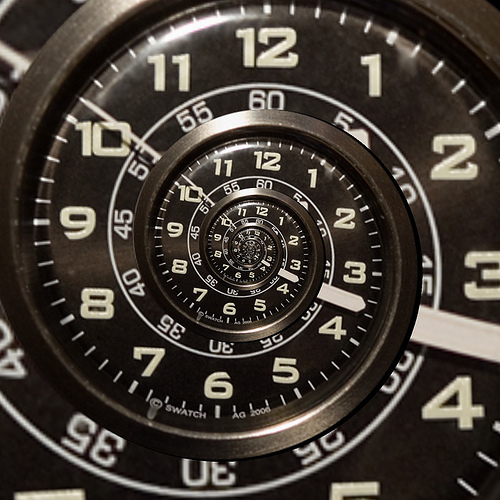|
LITR 5439 |
Literary & Historical Utopias: Model Assignments
Sample Essay |
|
Alicia Costello
A1
Utopian fiction, as literature, gets very much dismissed in
education and by the populace at large.
Literature majors scorn the books for what they conceive as sub-par
literature, and students of other fields mostly scorn serious reading as a
whole. By exploring in depth the
literary aspects of utopian fiction and by looking at these aspects across a
wide variety of utopian books, one is rewarded with the merit hidden in all the
utopian texts. In accordance with
Objective 1a, One such aspect that has turned into something of a convention in
utopian fiction is the character of the traveler.
The traveler has many important duties
within the story: he is the voice or representation of the audience, he
experiences the only change in the novel, and he usually is the only character
that changes within the course of the book, giving utopian fiction a bit of what
it is so often criticized as lacking—drama.
Perhaps the most important role of the traveler is that he
acts as a voice for the audience.
If utopian fiction is primarily a literature of ideas as I explored in my
midterm, then the primary focus of the fiction narrative is to put forth the
non-fiction idea the author wants the
reader to understand. This
dichotomy is the heart of what some readers consider strange about the
narrative. In literature of ideas, the narrative, the fiction, is simply a tool
to highlight the non-fiction idea. The traveler is the one character to bridge
the non-fiction idea and the fiction of the narrative.
As the utopian ideals are revealed to him, so they are also revealed to
the reader. They take the same
journey as the reader: they are exposed to new ideas and must react against them
or in favor of them. Authors
realize this fact. Authors
purposely write the traveler’s journey as the same journey they wish the reader
to experience. The author’s goal is to turn the reader, however apprehensive, to
his opinion. After all, what would a utopian novel be if the main character
experiences, then rejects, the ideas the author puts forth?
Studying the ideas in the utopia are important enough, but equally worth
studying is the reaction the author wishes the reader to experience, as told
through the traveler’s character.
It is for this reason that no utopian novel can be properly expounded upon until
an extensive study of the traveler’s journey has been made.
Character development in utopias depends on the traveler. The
characters in a utopian fiction are of two kinds: those who are from the utopia,
and those who travel to the utopia (usually just a single character, but in
novels like Herland, can be a group,
each traveler with different reactions.) The characters who are from the utopia
do not change—in fact, one of the great things about most utopias is control and
consistency. People in the utopia
are generally happy and carefree.
This is nice, but it does not make for very good character development.
Readers learn all about Dr. Leete’s life, but it is Julian who seems
real; we see him under stress and confusion.
Character development is one of the most important literary aspects of
any book, and the traveler is generally the only character(s) in the utopia who
experience enough drama to show the reader development of their character.
Travelers, for the most part, do not leave the utopia the same way they
came—this is certainly true of all our texts except Terry in
Herland and More’s character in
Utopia (perhaps since he did not
physically go.) Certainly West in Looking
Backward and William West in Ecotopia
are the most drastically changed. Katie Vitek mentions in her final exam that,
“at the same time, it makes both the writer and the readers question what types
of conflict are internal and external, helping to engage the reader through
empathy.” She makes an important
point: the authors intend to drive home that the crisis they want to happen is
in the traveler and the reader—not the utopia. The element that makes a country
into a utopia in the first place is
the happiness of the citizens.
Therefore, one could never write such a good character inside a utopia.
Utopia-dwelling characters are by default, static, therefore, aren’t very good
drama.
Utopias are so perfect, they do not change.
Like fine wines, they only become better, happier, with age.
The reader can become frustrated because everything in utopias are so
happy—they have little, if any, problems.
The lack of drama throughout the narrative plagues what readers expect to
be a creative, deep dramatic story.
Objective 2b highlights this problem.
Since the traveler is the only character that experiences any kind of
change, he is essential to the story’s dynamics.
He alone can create the drama in a place that, by definition, has none.
One of the most thrilling experiences throughout the five major texts we
read are Julian West’s psychotic breakdown on the streets of modern-day
A close study of the traveler and his physical and emotional
journey throughout his trip to the utopia is essential to understanding the
fictional aspects of the novels. As
a character, he creates and experiences drama, he brings conflict to an
otherwise perfect story, and he gives readers a clue into the author’s pretenses
for writing the book.


